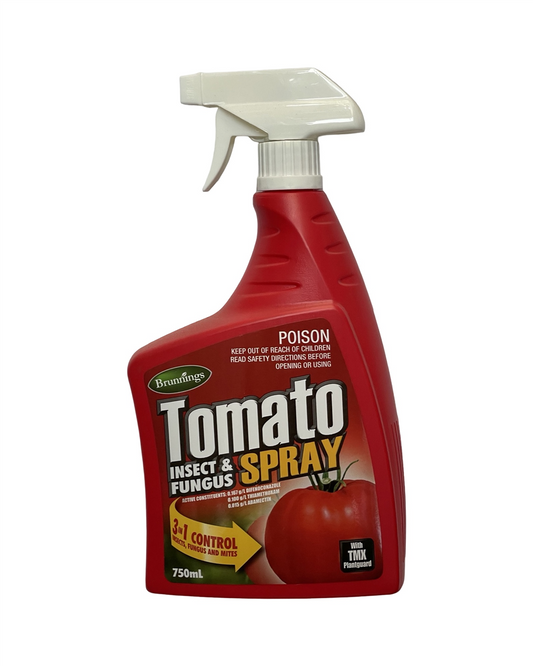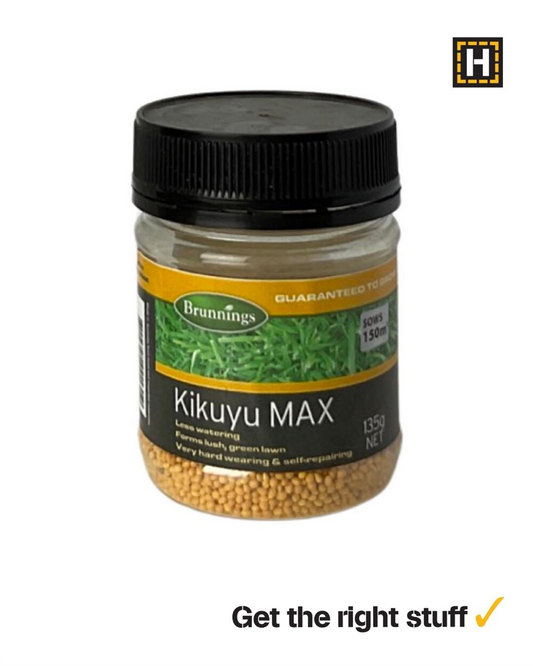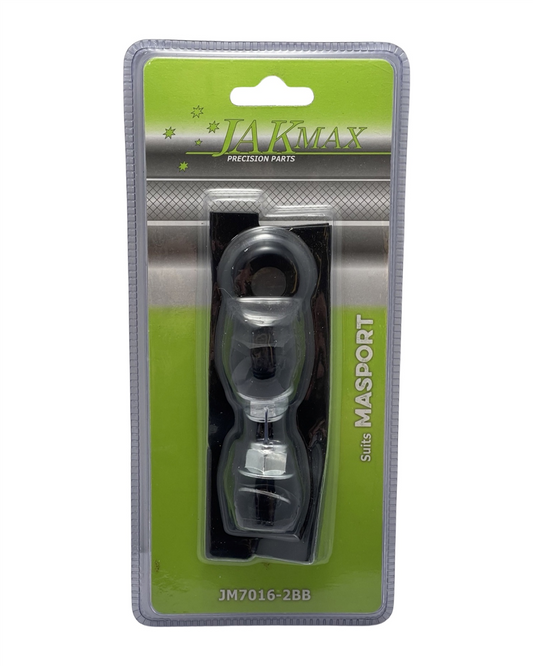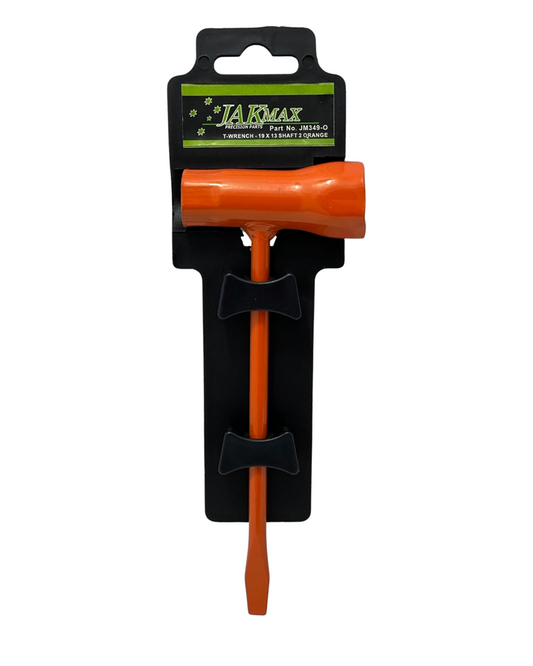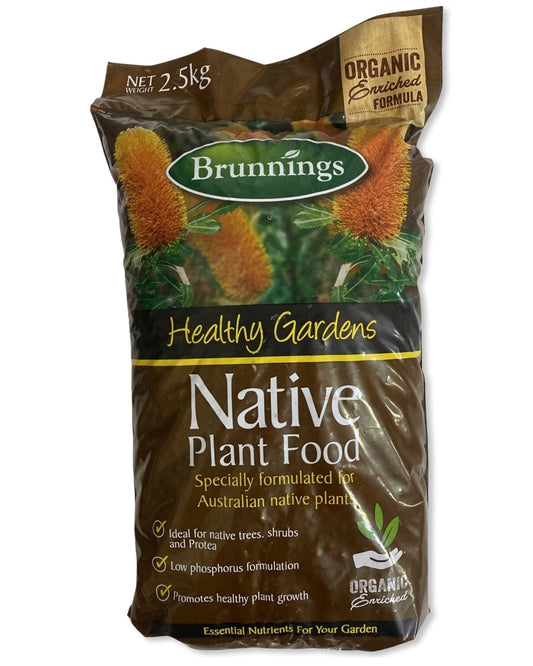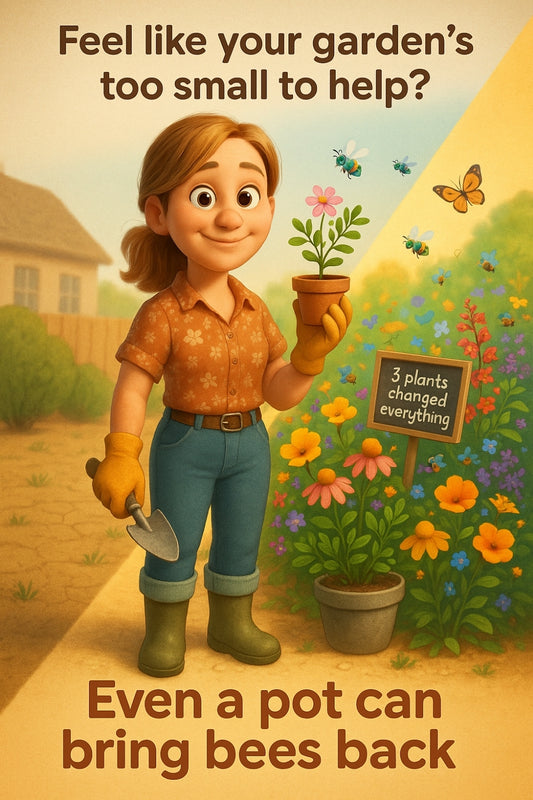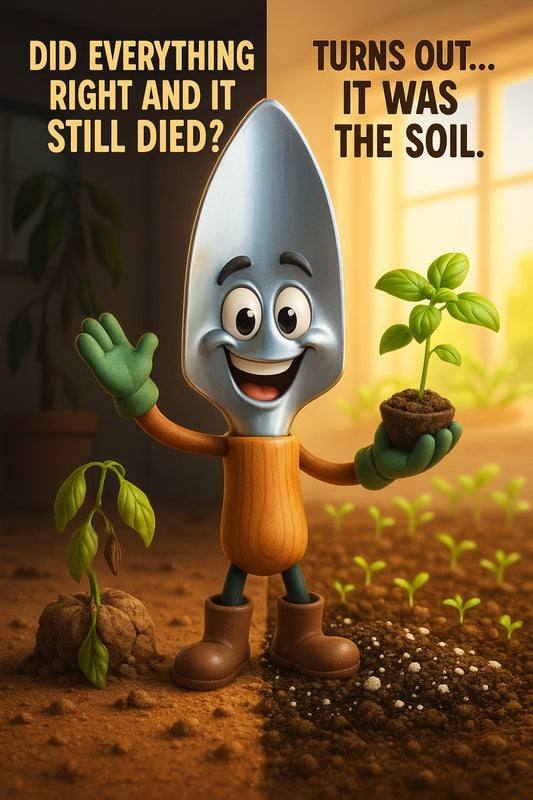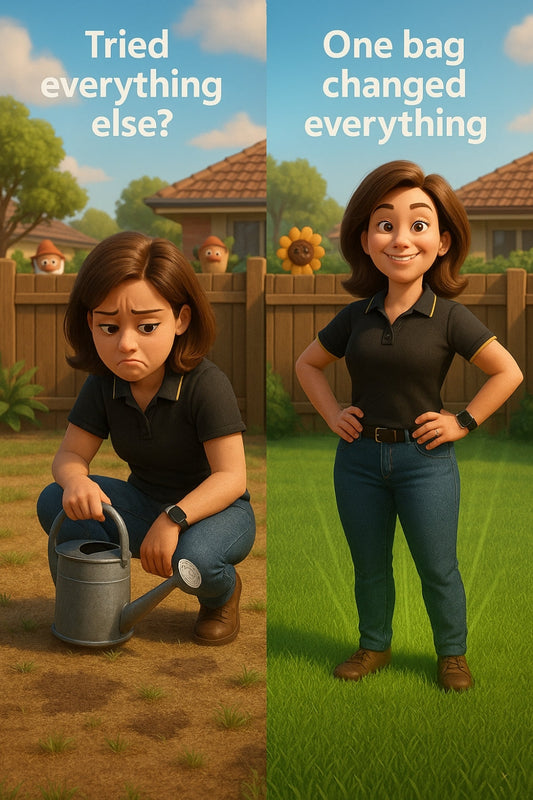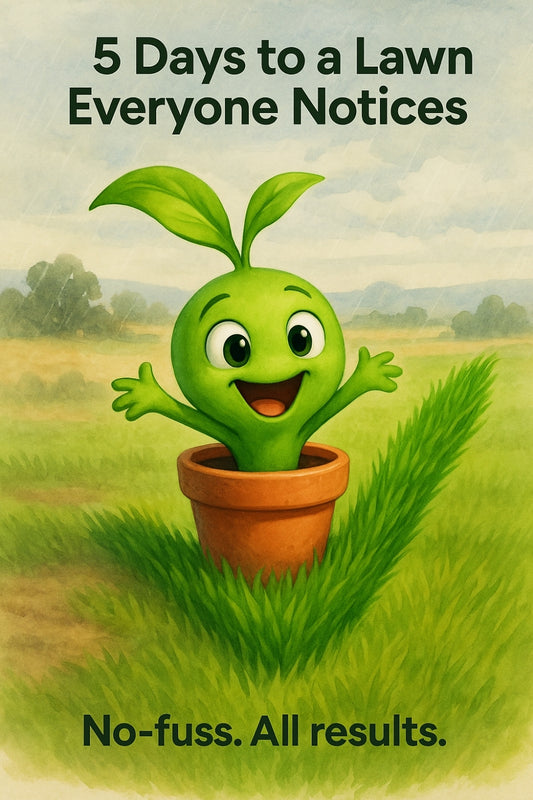What every new gardener gets wrong about composting (and how to fix it)
Share
Are You Making These Composting Mistakes? Here’s How to Fix Them
Composting sounds simple, right? Toss some kitchen scraps into a bin, let nature do its thing, and out comes the black gold your garden dreams of. But if you’ve ever peeked into your compost pile only to find a stinky, soggy mess—or worse, a dry, lifeless heap—you’re not alone. Let’s sort out the biggest mistakes new gardeners make and get that compost humming like a pro.
1. Treating Your Compost Like a Garbage Bin
One of the most common traps beginners fall into is using their compost bin as a dumping ground for all things organic. While it’s tempting to chuck in those potato peels and grass clippings without thinking, compost works best with balance.
Your pile needs a mix of green (nitrogen-rich) materials like fruit and vegetable scraps, coffee grounds, and lawn clippings, and brown (carbon-rich) materials like dried leaves, shredded cardboard, and straw.
Fix it: Aim for about two parts brown to one part green. If your compost smells bad, you’ve probably got too much green. If it’s drier than the outback in summer, throw in more greens and give it a turn.
2. Forgetting to Aerate
If your compost is just sitting there doing… nothing, it’s likely starving for air. Without oxygen, the good microbes that break everything down can’t do their job properly.
Fix it: Give your pile a good stir with a garden fork every week or two. If that sounds like too much effort, invest in a compost aerator (trust me, your arms will thank you). You want to fluff up that pile so air can move through, keeping the breakdown process on track.
3. Letting It Get Too Dry or Too Wet
Compost needs moisture, but too much and you’ll end up with sludge. Too little and it won’t break down at all. If your pile looks like a bog or feels like a pile of dust, it’s time to adjust.
Fix it: If it’s too wet, add more brown materials and mix well. If it’s too dry, give it a light spritz with the hose. You’re aiming for a damp sponge texture—not dripping, but not bone-dry either.
4. Adding the Wrong Things
Some materials slow down the process or attract pests. Meat, dairy, and oily foods can turn your compost bin into a funky-smelling rodent magnet.
Fix it: Stick to fruit and veg scraps, coffee grounds, grass clippings, leaves, and egg cartons. If you really want to compost things like citrus, onions, or bread, just do it in moderation.
5. Expecting Instant Results
Compost isn’t a fast-food service. It takes time for those microbes to break everything down into rich, healthy soil.
Fix it: Be patient! Depending on conditions, it can take anywhere from three months to a year to get that dark, crumbly goodness. Speed it up by keeping a good mix of materials, turning it regularly, and ensuring it’s the right moisture level.
Ready to Give It Another Go?
Now that you know what’s holding your compost back, it’s time to put that knowledge to work. A well-maintained compost pile makes all the difference in your garden, giving you nutrient-rich soil without the need for chemical fertilisers. Best of all, it saves food waste from ending up in landfill. Win-win!
So grab your kitchen scraps, check that balance, and start building that perfect compost. Your plants will thank you! 🌱
Happy gardening!
Cheers,
Candeece
 Stay Connected
Stay Connected
Join our gardening community on Facebook the Urban Gardener's Notebook
And follow our Store Facebook Page: Strathalbyn H Hardware on Facebook

